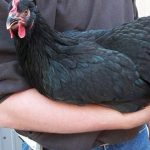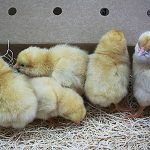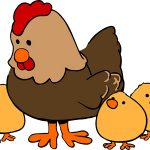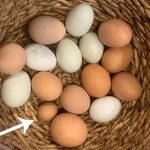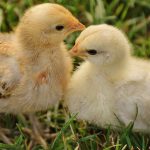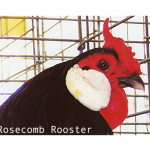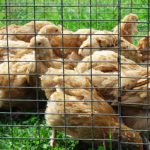
A team of British avian paleontologists believe they have discovered the mother of all chickens — and ducks. They have identified the remains of the world’s oldest modern bird, dating to about 66.7 million years ago. The Wonderchicken Researchers call the bird the Wonderchicken. Its formal name is Asteriornis maastrichtensis. Asteriornis is combined […]
Continue Reading
